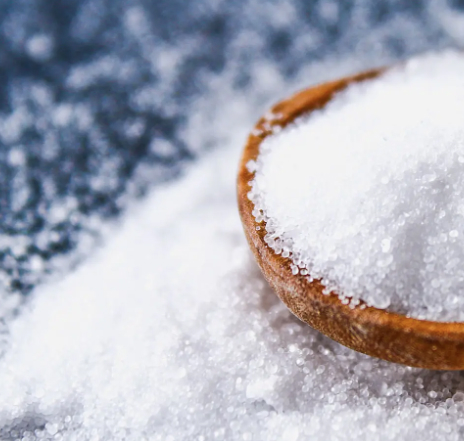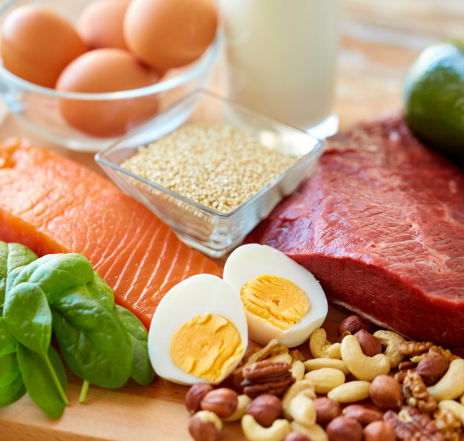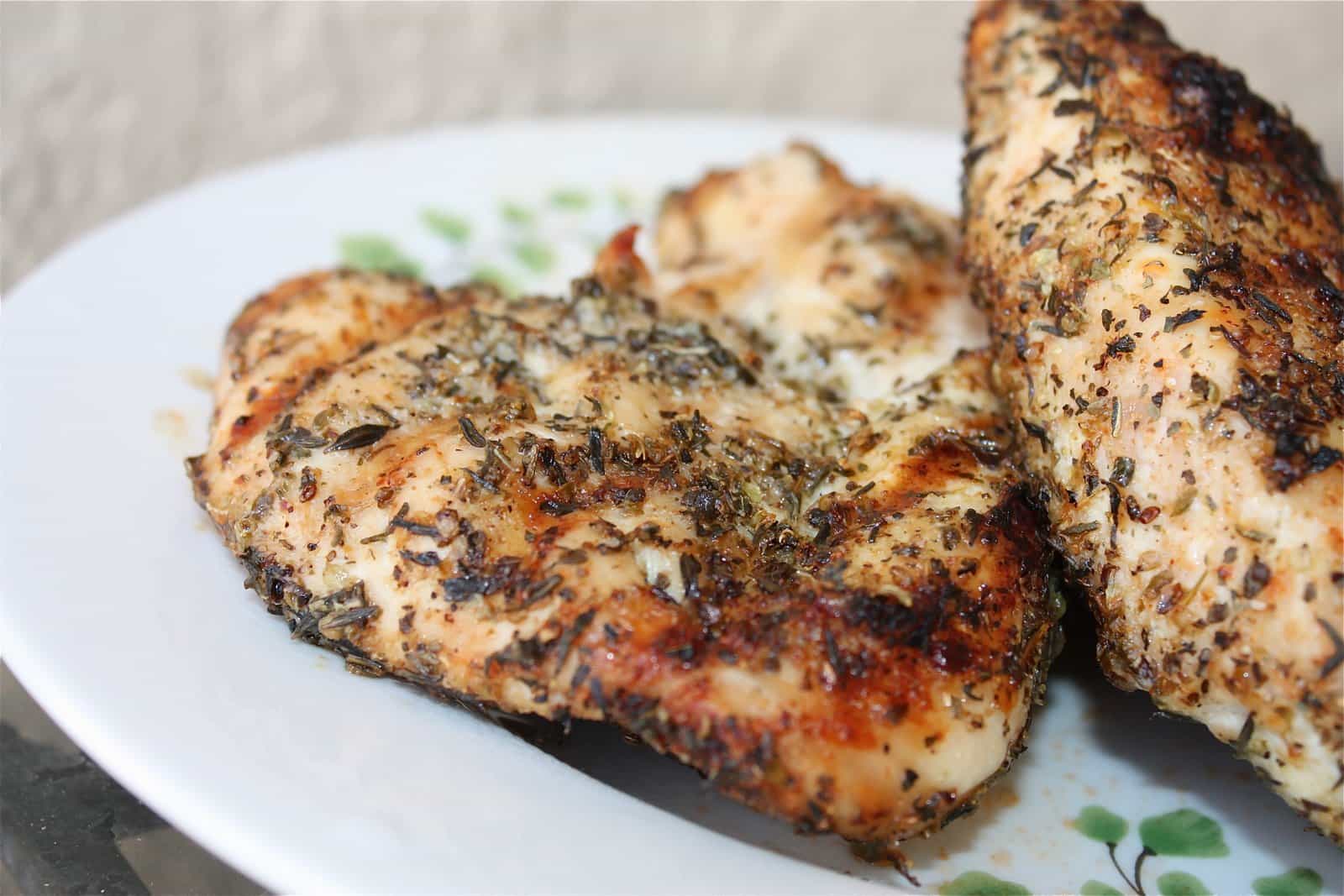Diet & Nutrition
Discover the power of a kidney-healthy diet, which consists of low salt, low fat, and low cholesterol, with an emphasis on fruits and vegetables. From mouthwatering breakfast options to delectable desserts, download NephCure’s FREE Low-Sodium, Kidney-Friendly Cookbook for dozens of kidney-friendly recipes.
GET THE COOKBOOKNOTE: Protein and fluid requirement vary based on individual conditions, age, and weight. Consult with your nephrologist and/or renal dietitian for personalized information. This information is meant to be used as a resource and is not meant to replace medical advice. Please not, this is NOT geared towards those experiencing dialysis or transplant.

Maintaining a Kidney-Healthy Diet
- Low sodium (salt): can help with swelling in the hands and legs.
- Fiber-rich choices: Whole grains, fresh fruits and vegetables can help lower cholesterol levels.
- Low-fat Dairy: Opt for 1% or skim products.
- Lean Proteins: Lean cuts of meat, chicken, and fish over red meat
- Fluid Management: Fluid intake may be restricted based on nephrologist recommendations.
- Protein Balance: Adjust protein levels based on nephrologist recommendations.

Sodium
- Too much sodium can contribute to high blood pressure and edema.
- Most sodium in our diet comes from processed foods and salt.
- Most people consume too much sodium on a daily basis.

Protein
- Protein is vital for overall health, muscle maintenance, and immune function.
- Research on low protein diets for kidney function preservation is inconclusive.
- Aim for moderate protein intake; consult with a nephrologist for personalized advice.
- Choose protein sources wisely: lean meats, poultry, limited eggs, fish, shellfish, beans, and nuts.

Fat and Cholesterol
- Limit whole eggs to 2 per week: opt for substitutes or egg whites.
- Choose lean meats, poultry, fish, shellfish, beans, and nuts.
- Choose healthy oils such as olive, canola, coconut, or sunflower.
- Limit saturated fats (dairy, animal fat) and eliminate trans fats (partially hydrogenated oils found in processed and fast food).
Renal Diet
A kidney-healthy diet, essential for those with compromised kidney function, prioritizes low sodium, phosphorus, and protein intake to reduce waste buildup in the bloodstream and mitigate potential electrolyte imbalances. Monitoring and tailoring dietary choices with a renal diet, including regulating potassium, fluid intake, and phosphorus levels, are crucial steps in preserving kidney function and managing associated health risks under the guidance of a renal dietitian.
LEARN MORE







